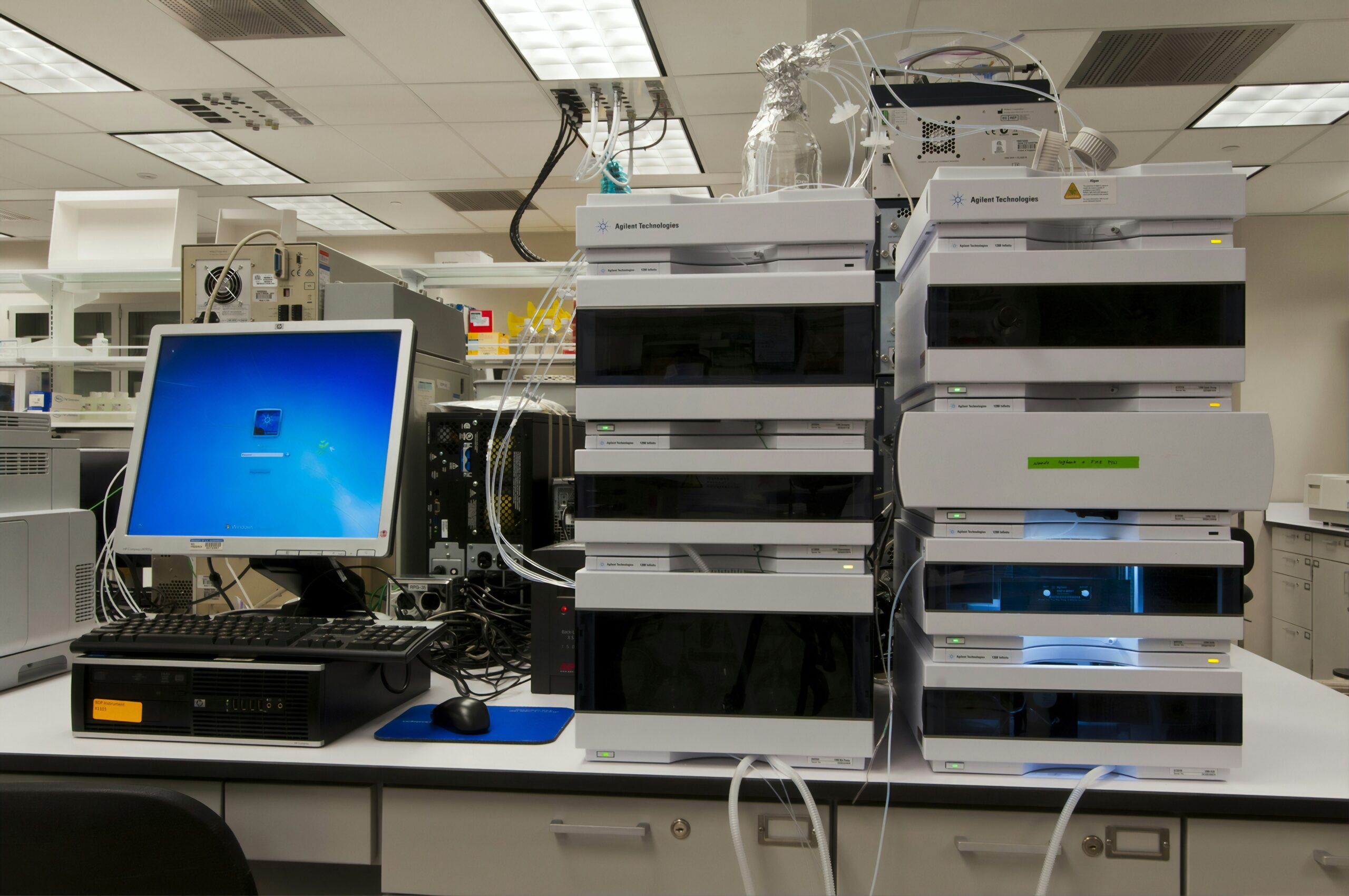Understanding Normally Open (NO) and Normally Closed (NC) Alarms for CO2 and Incubators: Importance of Monitoring with TempGenius
In laboratory and research settings, maintaining precise environmental conditions is critical, especially when working with CO2 incubators that house sensitive cell cultures, embryos, or other biological materials. Ensuring these conditions are met consistently can prevent costly disruptions and protect valuable samples.
Reliable alarm systems and advanced monitoring tools, such as TempGenius, are indispensable in achieving this goal. A key component of these systems is understanding the functionality and significance of Normally Open (NO) and Normally Closed (NC) alarm configurations.
Alarm systems used in CO2 incubators and other critical equipment function by monitoring specific environmental parameters and signaling when conditions deviate from acceptable levels. These systems are based on electronic switches that can operate in two primary configurations. In a Normally Open (NO) configuration, the circuit remains open under normal conditions, preventing current flow.
When an environmental parameter exceeds acceptable limits, the circuit closes, allowing current to flow and triggering an alarm. Conversely, in a Normally Closed (NC) configuration, the circuit is closed under normal conditions, ensuring a continuous flow of current. If a monitored parameter deviates from the acceptable range, the circuit opens, interrupting the current and activating the alarm.
Both configurations have distinct advantages. Normally Closed alarms are often preferred for fail-safe systems because they can detect power or wiring failures, triggering an alarm even in such cases. Understanding which configuration suits your needs is critical for maintaining optimal environmental conditions in CO2 incubators.
CO2 incubators are designed to create controlled environments with specific temperature, humidity, and gas concentration levels. Any deviation from these parameters can jeopardize the integrity of the materials being housed. Alarms are vital in ensuring these conditions remain stable. For instance, fluctuations in CO2 levels, temperature, or humidity can compromise cell growth, leading to inaccurate results or the loss of valuable samples.
Alarm systems also provide early warnings for equipment malfunctions, such as CO2 depletion, door ajar conditions, or temperature sensor failures, enabling timely interventions. Moreover, many regulatory standards require documented evidence of environmental stability, and alarms help ensure compliance by notifying staff of any deviations in real-time. By preventing equipment downtime or sample loss, alarms also contribute to cost and energy efficiency.
The importance of reliable alarming systems using NO and NC configurations cannot be overstated. In critical environments like laboratories, the ability to promptly detect and respond to changes in CO2 levels or temperature is often the difference between preserving or losing months of research. For example, a NO alarm can be highly effective for environments where power stability is predictable, ensuring that any triggered alarm is linked specifically to environmental deviations. On the other hand, an NC alarm configuration is crucial in fail-safe scenarios, where even a minor interruption, such as a power outage or disconnected wiring, needs to activate an alert.
This duality ensures that labs can choose systems best suited to their specific operational risks and regulatory needs. Moreover, NC systems often provide a continuous check on the circuit’s integrity, offering an added layer of security for environments that demand constant oversight.
This is where TempGenius comes into play. As a leading solution for monitoring CO2 incubators and other critical laboratory equipment, TempGenius integrates seamlessly with both NO and NC alarm systems, offering comprehensive and customizable monitoring solutions. TempGenius provides round-the-clock tracking of parameters such as temperature, humidity, and CO2 levels. Real-time alerts via email, text, or phone enable immediate responses to any issues.
The system’s automatic data logging capabilities ensure that all environmental data is thoroughly recorded, simplifying compliance and quality assurance efforts. Additionally, TempGenius is designed to be adaptable to both NO and NC configurations, allowing it to work optimally with a wide range of equipment. Its cloud-based interface ensures remote accessibility, so users can monitor conditions from anywhere, further enhancing convenience and response times.
The adaptability of TempGenius extends to facilities with diverse operational requirements. Laboratories often face challenges in monitoring multiple incubators or other environmental chambers simultaneously. TempGenius addresses this need with scalable solutions that can handle multiple devices, providing unified data logging and alert systems across the board. This ensures that even in complex setups, all equipment is monitored effectively without requiring separate systems for each unit. Moreover, TempGenius’ real-time alerts can be customized to escalate notifications to different team members, ensuring that the right personnel are informed when issues arise.
When deciding on an alarm configuration for CO2 incubators, consider the criticality of monitoring in your specific application. If power interruptions are a concern, NC configurations provide a fail-safe option. Ensure that your system design is compatible with advanced monitoring tools like TempGenius to maximize its functionality. Additionally, some regulatory standards may dictate preferred alarm configurations, so it is essential to align your system with industry best practices.
Another important factor is staff training and awareness. Regardless of the alarm configuration, having a well-trained team that understands how to interpret alarm signals and respond effectively is key. TempGenius provides comprehensive support and training materials to ensure that staff can maximize the benefits of the monitoring system, leading to faster resolution times and enhanced operational confidence. By empowering teams with the knowledge of how NO and NC systems function, labs can significantly reduce response times and improve overall efficiency.
Monitoring CO2 incubators and maintaining stable environmental conditions are essential for reliable experimental outcomes and the preservation of valuable samples. By understanding the role of NO and NC alarms and leveraging advanced systems like TempGenius, laboratories can ensure uninterrupted performance and gain peace of mind. TempGenius not only protects valuable research but also streamlines operations, making it an invaluable partner in modern laboratory environments. Investing in robust monitoring solutions today can save time, resources, and stress in the future.
Contact us to customize a Temperature Monitoring Solution for your enterprise.
Give us a call or email us and let’s discuss the most appropriate temperature monitoring sensor for your company.

